BOONE, N.C. — Each year, Earth Day, April 22, and Earth Month heighten awareness around respecting and protecting our natural resources. The university’s Earth Month events include a Virtual Earth Day Expo on April 22, during which students can explore opportunities for involvement with sustainability through clubs and organizations.
This year, Appalachian State University Chief Sustainability Officer Lee Ball is feeling optimistic.
Addressing the university’s ongoing efforts toward resilience, equity and a cleaner, healthier environment, he said, “I am excited about the many sustainability initiatives taking place on campus right now. The campus community is mobilized and has an elevated sense of urgency to help with so many of our efforts.”
Looking forward, he outlined the Office of Sustainability’s major goals for 2021–22:
- Write a campus Resilience Plan.
- Conduct an analysis of the university climate action plan’s (AppCAP 1.0) cost, carbon reduction, and social and environmental impact.
- Expand the reach and impact of the GreenSuite program to support sustainability goals for campus events, labs, travel, purchasing and workplaces.
- Strengthen campus climate action plan efforts through a campuswide outreach campaign.
- Strengthen campus zero waste efforts through a campuswide outreach campaign.
- Expand the reach and impact of the Mountaineer Food Hub.
- Increase food production in App State gardens for campus food insecurity efforts.
- Increase the programming scope and audience reach for the Appalachian Energy Summit.
- Champion Team Sunergy’s participation in the Formula Grand Prix and the American Solar Challenge.
Ball also shared some of the accomplishments for 2020–21:
- Finalized the university’s climate action plan, “AppCAP 1.0: A Vision for Climate Neutrality.”
- Expanded the reach of the Mountaineer Food Hub and provided more than 10,000 meals to the campus community since the start of the COVID-19 pandemic.
- Expanded the Appalachian Energy Summit’s audience reach by creating a fall and spring webinar series, including co-sponsoring a livestream event with Jane Goodall and facilitating 10 virtual events.
- Created the GreenSuite outreach program to support and promote sustainability for campus workspaces, residence hall rooms, events, travel, laboratories and purchasing.
- Organized and hosted the annual spring and fall Sustainability Film Series, which included eight films.
- The Office of Sustainability’s student team of Sustainability Ambassadors organized and facilitated more than 50 campus events and created 20 outreach videos.
- Ball co-led the writing of the university’s Bridge Strategic Plan 2021–22.
A suite for change
In its ongoing efforts to help the campus community respect and protect resources, the Office of Sustainability recently launched GreenSuite — a collection of programs to help the Appalachian Community easily incorporate sustainable practices into various areas of their lives. The programs include:
- GreenAppal — Students living in the residence halls can opt to earn a special certification if they meet criteria recommended by the Office of Sustainability for having a “green space” and low daily environmental impact, such as taking shorter showers, recycling and composting, and choosing LED light bulbs.
- GreenWorkplace — Similar to the GreenAppal program, GreenWorkplace is a way for faculty and staff to certify their individual office or departmental workspace meets sustainability standards — for instance, turning off electronic devices at the end of the day and eliminating wasteful packaging such as disposable utensils and water bottles.
- GreenEvents, GreenLabs and GreenPurchasing — The Office of Sustainability offers guides to help members of the campus community work toward zero waste through thoughtful purchasing decisions and waste management. For instance, setting up zero waste stations for recycling and composting at events and sourcing sustainable products that mitigate negative effects on health and the environment.
- GreenTravel — The university offers a Carbon Neutral Commuter program through which more than 5,700 Mountaineers pay $8 a year to help offset the carbon emissions produced by their vehicle. The program has helped offset 12,565 tons of carbon emissions to date.
- GreenLiving — This initiative encourages all Mountaineers to consider the impact of their daily choices — from personal wellness and citizenship, to energy usage and food choices — and offers simple ways to adjust their lives to be more sustainable.
Everyday actions, peer-to-peer education
Rebecca Walton, sustainability outreach director, said these programs encourage and empower the campus community to be respectful and protective of our resources “right where they are,” because “everyday actions can add up to something great.”
Leading the charge are App State’s Sustainability Ambassadors, a group of students who conduct outreach events and work to educate their peers about sustainability and resiliency initiatives on campus.
“Education is a huge part of sustainability,” Walton said, “and some of the biggest impact we have is from peer-to-peer education.”
- Mailyn Greig-Ratz, a junior from Raleigh majoring in interdisciplinary studies with a concentration in food studies, said before transferring to App State she became aware of unnecessary food waste in culinary school. That experience fueled her passion for zero waste and affordable food access. She now works closely with events on campus to help ensure recyclables and compost are processed and sorted into the correct containers. “Just to be present makes the community curious and more aware of sustainable practices,” she said.
- Claire Funderburk, a junior from Advance majoring in sustainable development with a concentration in environmental studies, said getting involved with the Office of Sustainability has created an outlet for her to learn about and find real-time solutions to climate change. She is active in the university’s student-led Renewable Energy Initiative and works to ensure students are aware of the Office of Sustainability’s resources, including the Mountaineer Food Hub and Free Store.
- Becca Glebus, a junior from Greensboro majoring in sustainable development with a concentration in environmental studies and a minor in biology, enjoys educating students on how to be sustainable now so they can maintain these habits when they leave college. She works closely with the zero waste initiative, specifically during athletic events. “I love going to football games but being able to go and sort trash afterward to make a difference is even better,” she said.
The sustainability ambassadors are notable examples, Ball said. “I am inspired by their enthusiasm and hopeful for the future.”
His optimism is merited: Research shows that nearly 75% of first-year students say they chose App State for its sustainability initiatives.
What do you think?
Share your feedback on this story.
About Sustainability and Energy Management at App State
Appalachian State University’s leadership in sustainability is known nationally. The university’s holistic, three-branched approach considers sustainability economically, environmentally and equitably in relationship to the planet’s co-inhabitants. The university is an active steward of the state’s interconnected financial, cultural and natural resources and challenges students and others think critically and creatively about sustainability and what it means from the smallest individual action to the most broad-based applications. The university offers both undergraduate and graduate academic degree programs that focus on sustainability. In addition, 100 percent of Appalachian’s academic departments offer at least one sustainability course or course that includes sustainability, and all students graduate from programs that have adopted at least one sustainability learning outcome. Learn more at https://appstate.edu/sustainability.
About Appalachian State University
As a premier public institution, Appalachian State University prepares students to lead purposeful lives. App State is one of 17 campuses in the University of North Carolina System, with a national reputation for innovative teaching and opening access to a high-quality, cost-effective education. The university enrolls more than 21,000 students, has a low student-to-faculty ratio and offers more than 150 undergraduate and 80 graduate majors at its Boone and Hickory campuses and through App State Online. Learn more at https://www.appstate.edu.

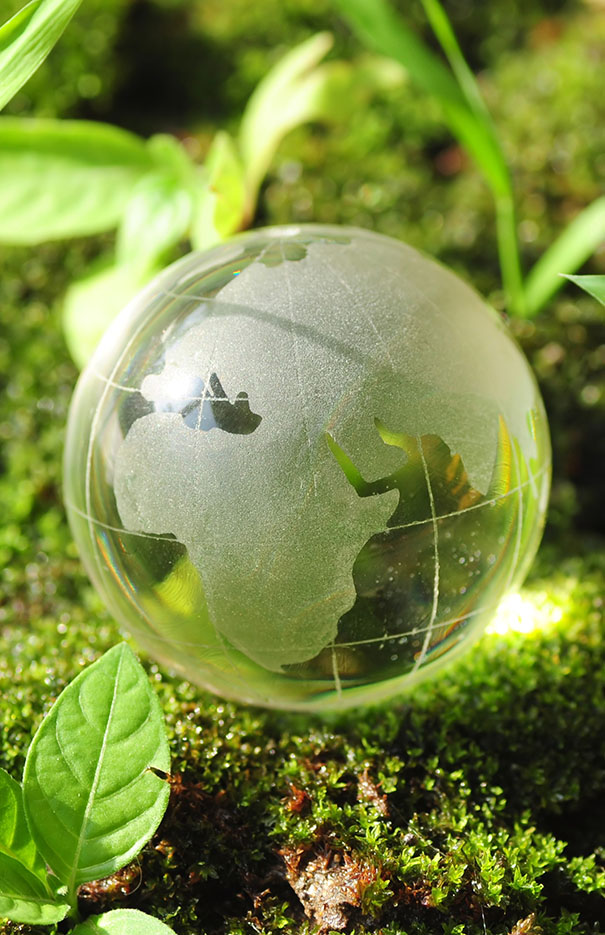
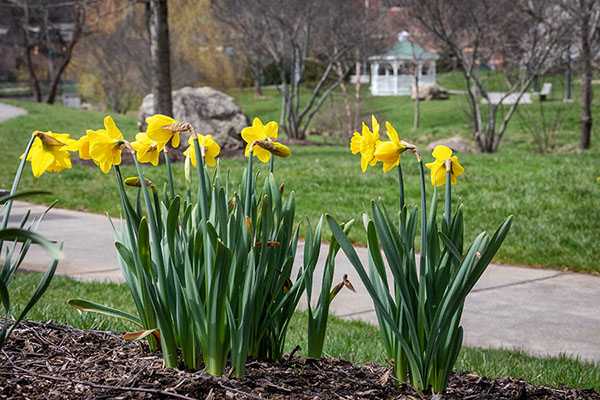
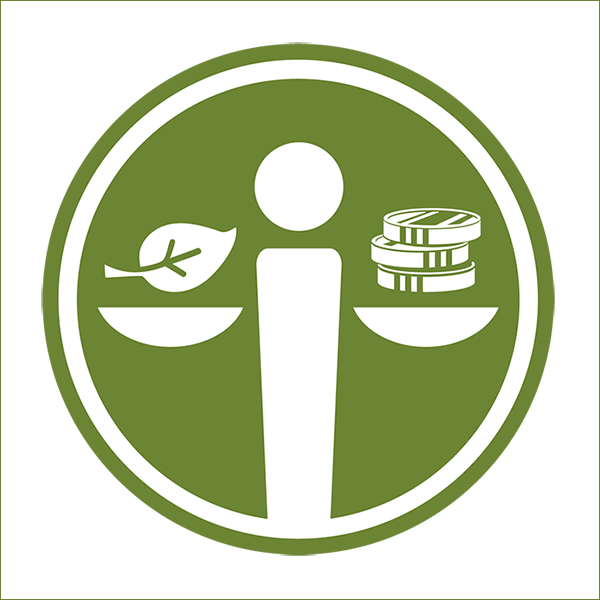
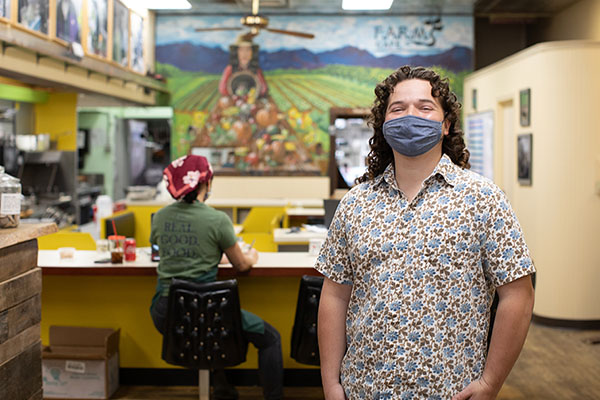
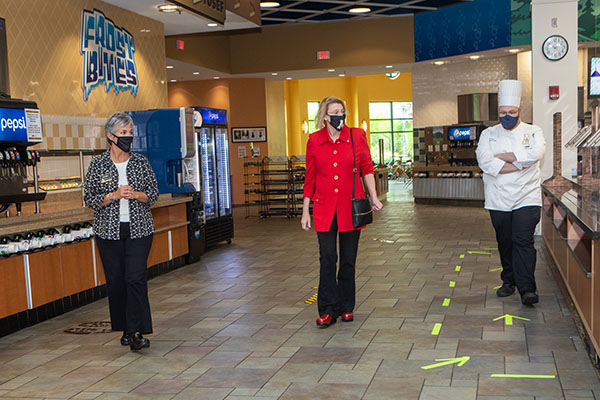
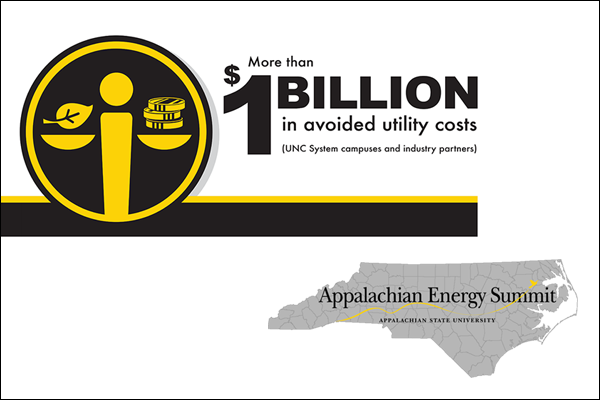




![How NCInnovation Is Rethinking Economic Development in North Carolina [faculty featured]](/_images/_posts/2026/02/rethinking-economic-development-600x400.jpg)







